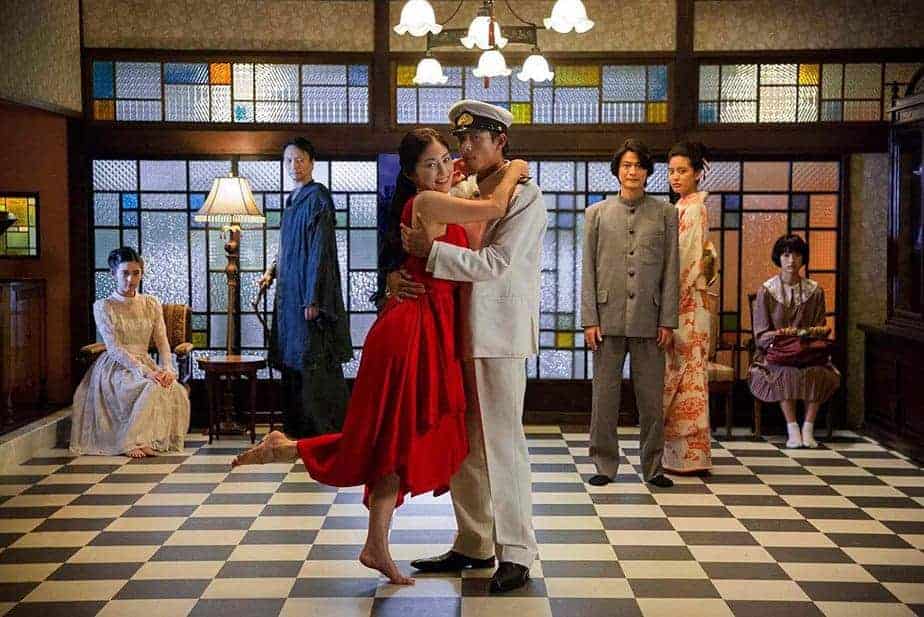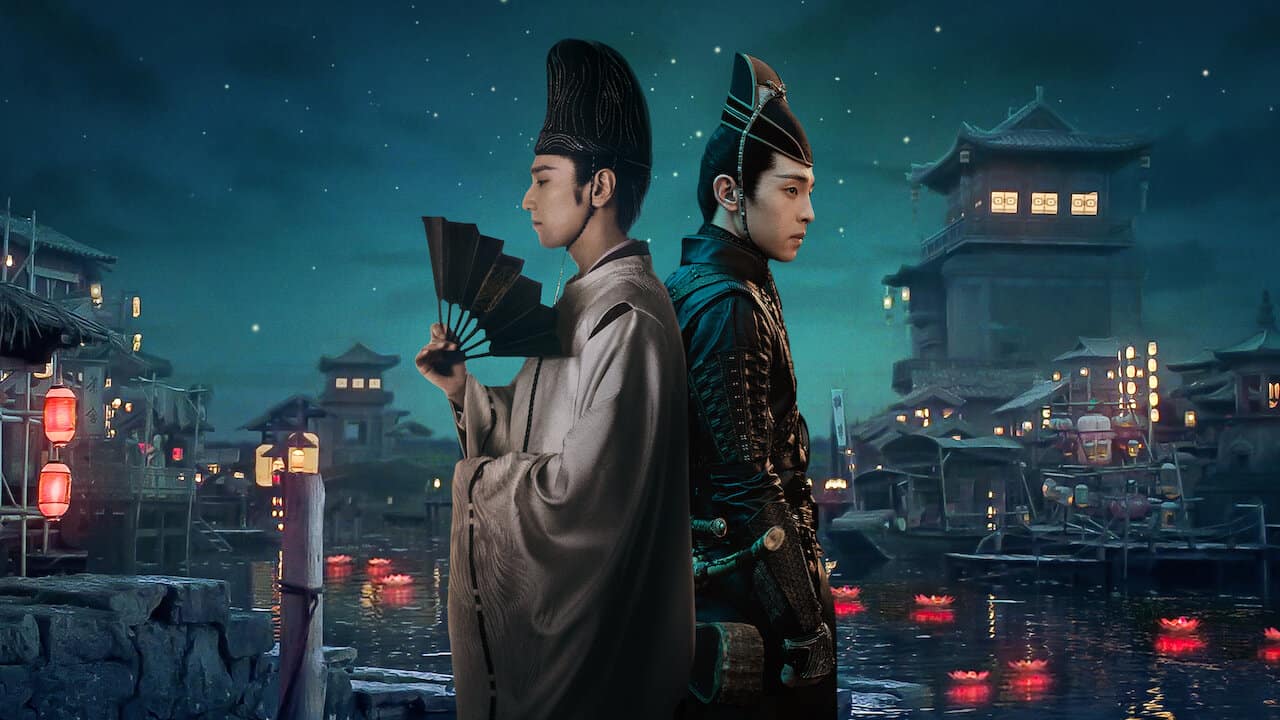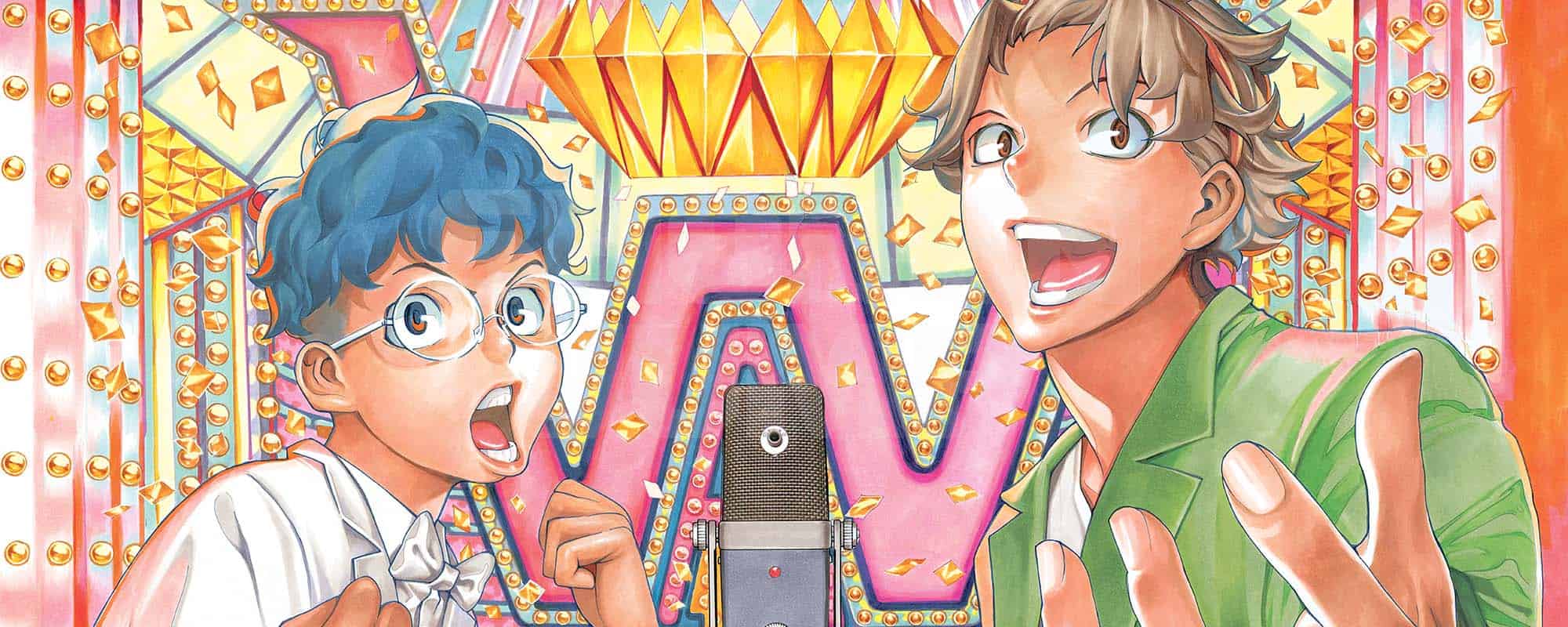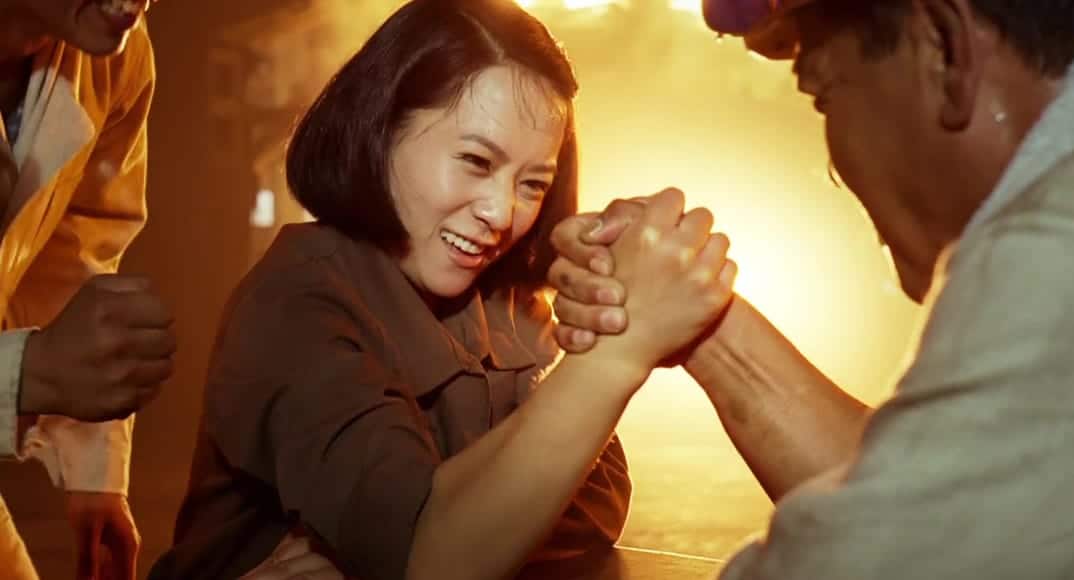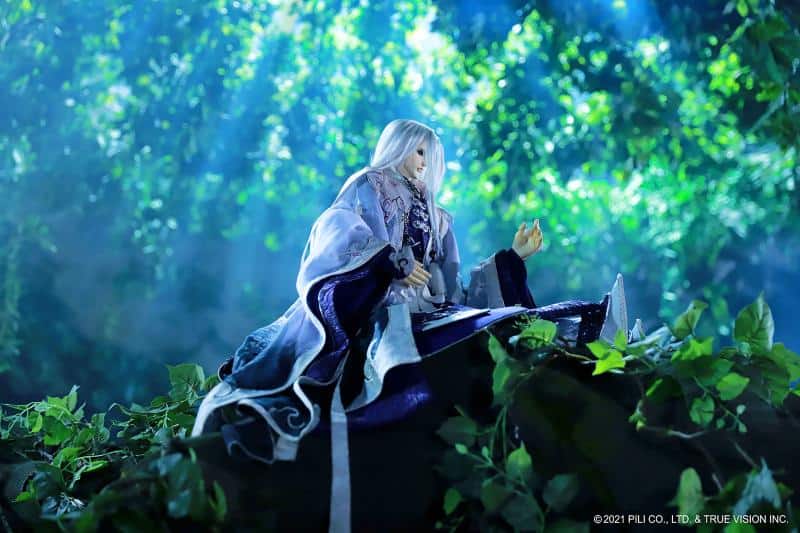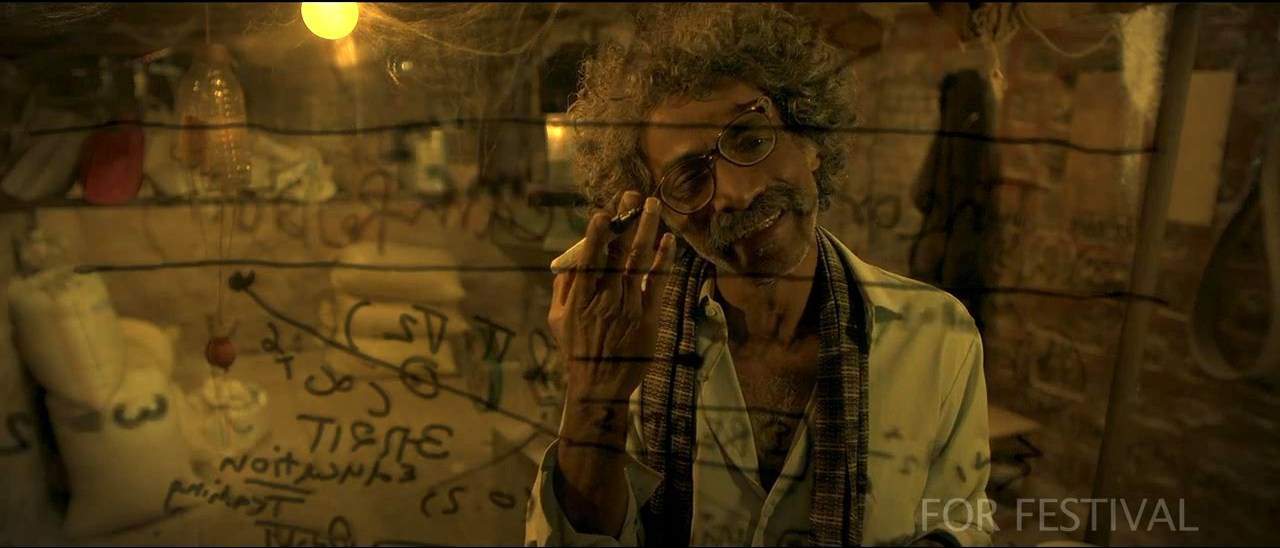When Nobuhiko Obayashi sadly passed away in April 2020, most social media was filled with many posts showing pictures of the director and perhaps the feature most people remember, his 1977 film “Hausu”. While there is no denying about the quality of said film, given the vast career of Obayashi which spans over five decades, these pictures also indicate that so many viewers still need to discover for themselves the multitude of themes and the experimental visual style of the majority of his body of work, in which his debut feature makes up only a small portion. One way to start this journey into Obayashi's work may be the upcoming release of his penultimate work, “Hanagatami” by Third Window, a touching and very poetic film about growing up during war times.
“Hanagatami” is screening at the Hong Kong Arts Centre, as part of the Obayashi Nobuhiko Film Show Case

In 1941, Toshihiko (Shunsuke Kubozuka), a sixteen-year-old teenager, returns from Europe to his Japanese home to attend school. While he divides his time enjoying the beautiful nature and working for school, his aunt Keiko (Takako Tokiwa) tends to his cousin Mina (Honoka Yahagi), who suffers from tuberculosis. As Europe is at war, the young man notices a growing tendency towards military virtues among his schoolmates, he admires the manliness of Ukai (Shinnosuke Mitsushima), but also the introverted, sometimes cruel Kira (Keishi Nagatsuka). While he makes friends among his classmates, explores first love and many other aspects of teenage life, the country around him is changing as the world he knows approaches the reality of war.
Originally the script to “Hanagatami” was written even before Obayashi's debut feature “Hausu” as a way to portray the director's generation who was “too young to fight in the war” but “old enough to be raised as military children”, as he explains in an interview with Aiko Masubuchi. Based on a short story by writer Kazuo Dan, the narrative bears some resemblance to the image of youth in works like “All Quiet on the Western Front”, not because it portrays war specifically, but because of how the experience will rob young people of their most precious gift, their youth. Given the certainty of war, Toshihiko and his friends make experiences typical for a movie about teenagers, but with the clouds of conflict increasing and becoming bigger, there is always a shadow cast over even the most innocent of events in their lives. Even the act of reading a short story such as Edgar Allen Poe's “The Black Cat” is suddenly devoid of the work's literary value and instead becomes a political act.
Considering war is certain, the knowledge of the inevitable event defines also the form of the film. As with many of his other films, Obayashi works with disharmonious images and sounds, sometimes quite subtle and then quite obvious, to indicate the flaws or fatalistic nature of a scene or sequence. Whenever Toshihiko ventures to the cliffs near his aunt's house to observe the sunset or the ocean, the idyllic scene is always obscured by these small dents, these shadows that add a dark tone to the beauty of the scenery. At times, the joy and wonder, the happiness he enjoys with his cousin, almost seem desperate and soiled with a vague, and later certain knowledge of what is to come, something which might swallow him and his world.

Nobuhiko Obayashi's “Hanagatami” is a work which blends beauty with the fatal knowledge of conflict and war. Its experimental nature regarding its form compliments a universal, yet touching message about the price people and the world has to pay in times of war, the changes it causes and the relationships it shatters.


